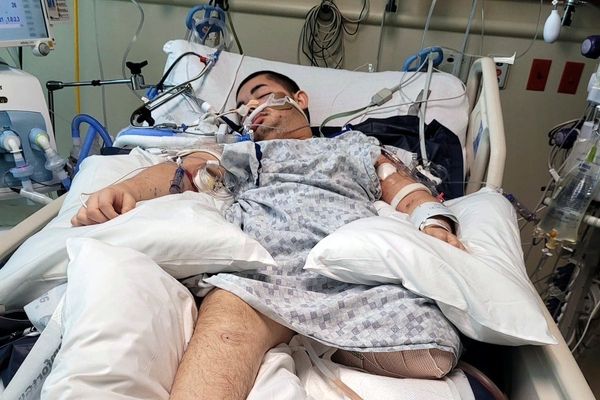
Prosecutors have been banned from using the words “psychopath” and “sociopath” at the upcoming murder trial of a man accused of stabbing four University of Idaho students to death in 2022.
Bryan Kohberger’s defense team argued for the exclusion of numerous elements of the prosecution’s case at a two-day pre-trial hearing in Boise that will conclude on Thursday.
Judge Steven Hippler ruled that the two words could be prejudicial to Kohberger’s defense in the killings of best friends Kaylee Goncalves and Madison Mogen, both 21, and Xana Kernodle, 22, and her boyfriend, Ethan Chapin, 20, at their rented shared house in Moscow, Idaho, on 13 November 2022.
But Hippler, who is setting the ground rules for a trial scheduled to begin in August and expected to take three months, refused to exclude other phrases the defense wanted stricken, including “touch” or “contact” DNA, CBS News reported. He advised attorneys to not “underestimate the reasonableness and intelligence of jurors”.
A different judge entered a plea of not guilty on behalf of Kohberger, 30, at a hearing in May 2023 when his lawyers said he would “stand silent” on the murder charges. He could face the death penalty if convicted.
Other evidence his attorneys wanted excluded were Kohberger’s Amazon purchase history, which allegedly showed him purchasing the Ka-Bar knife prosecutors say was the murder weapon. Investigators say the knife was never recovered, but its sheath with Kohberger’s DNA was found next to the body of one of the victims.
Hippler ruled the purchase history could be included as evidence, but the defense was entitled to argue that Kohberger did not buy the knife because other people had access to his account.
In a partial win for the defense, Hippler ruled that the prosecution could not use Kohberger’s “autism-related characteristics” as an aggravating factor in the death penalty phase of the trial if he is convicted.
According to ABC News, defense lawyers argued that jurors could conflate photographs of Kohberger with autism-related “flat affect” with someone who showed a “lack of remorse”, and argued for the death penalty to be taken off the table.
But they argued that being allowed to discuss his autism spectrum disorder during the trial would be crucial to jurors understanding his testimony. “If we cannot let the jury know about his autism, he cannot testify,” defense lawyer Elisa Massoth said.
Hippler said he would rule later on other defense motions, including one to allow members of Kohberger’s family who are likely to be called as witnesses to be present at the trial to provide him valuable emotional support.
Prosecution witnesses are usually excluded until after they have given testimony.
Kohberger, a student of criminology at Washington State University, was arrested at his parents’ house in Albrightsville, Pennsylvania, in December 2022 after detectives pieced together what they believe was a definitive timeline of his activities before, during and after the murders.
They used cameras that recorded his car, as well as cellphone records, to place him in Moscow, and used records on a genealogy website to match DNA from the knife sheath to Kohberger’s family.
Defense lawyers have argued that Kohberger was stargazing alone on the night of the murders and, according to ABC, plan to introduce cellphone records of their own to prove his location.
The trial will take place in Boise after a September 2024 ruling by district court judge John C Judge to move it away from the Moscow community, where, he said, emotions were running high.
“It is undisputed that there has been significant media coverage in this case throughout the state and nationally,” the judge wrote in a 20-page order at the time.
“While some of the coverage has been neutral reporting of the court proceedings, much of the coverage has been sensationalized and prejudicial to Kohberger.”







